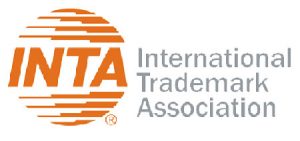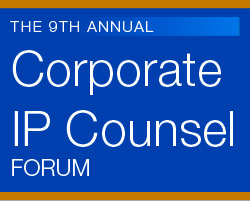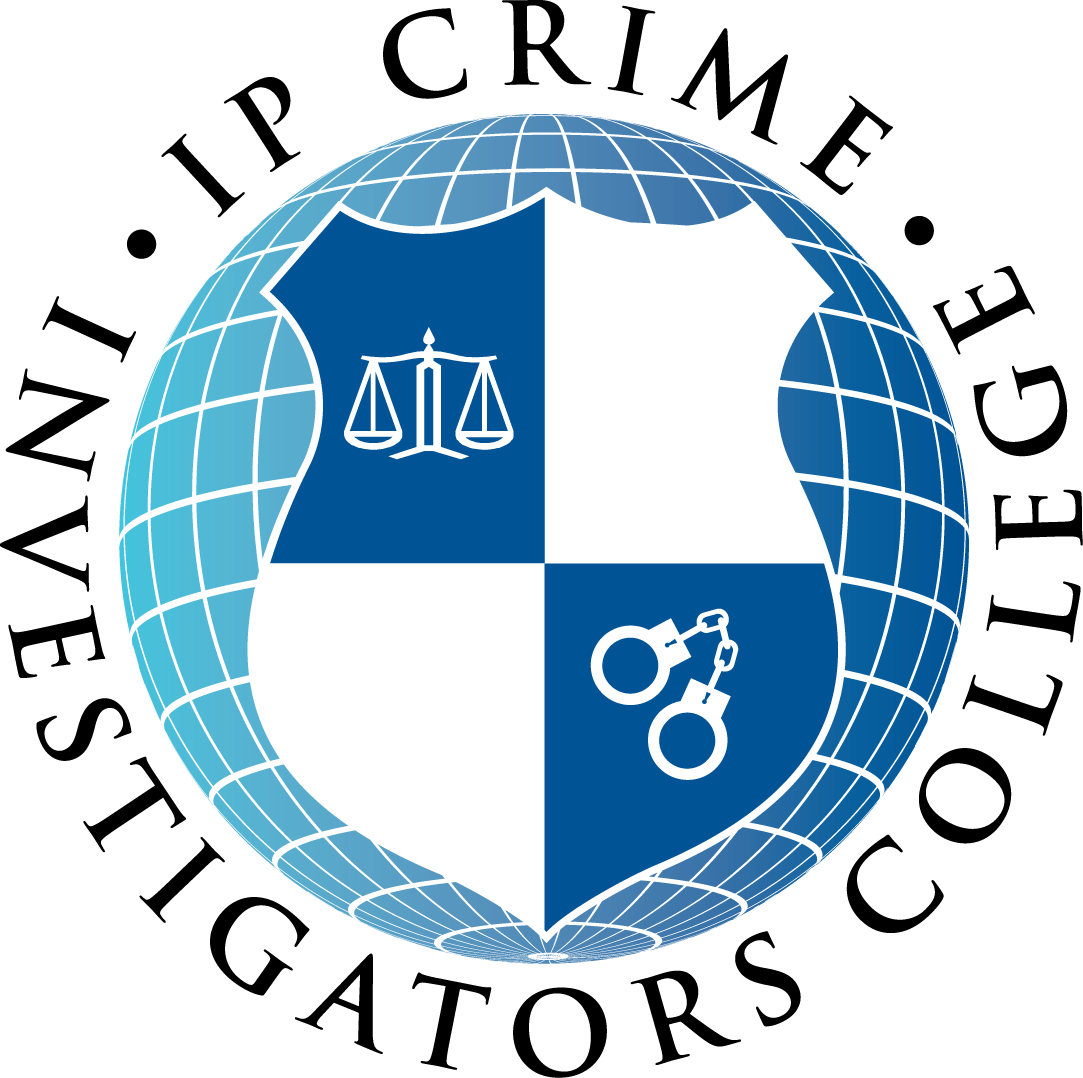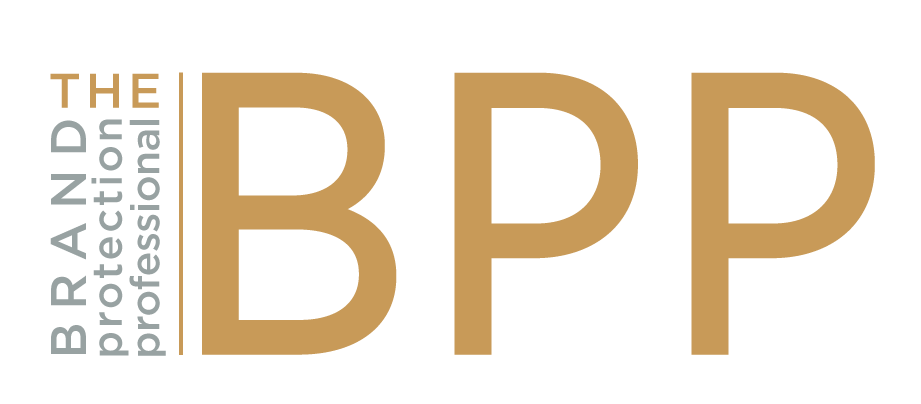
THE BULLETIN
EVENTS

Staying Ahead of the Curve
February 6-7, 2017
Hong Kong
Registrants will have the opportunity to hear from leading experts about strategies to combat ongoing challenges of counterfeits. Brand owners, government officials, and legal experts will discuss best practices for developing a brand protection program in an environment of changing technologies and sophisticated counterfeiting networks. Learn more and register today!

March 30-31, 2017
Amsterdam

Free-Trade Zones: Commerce vs. Counterfeits
February 8, 2017 – Hong Kong SAR, China
March 21, 2017 – New York, New York, USA
April 19, 2017 – Dubai, UAE
October 4, 2017 – Cartagena, Colombia
November 29, 2017 – Berlin, Germany
Free-trade zones (FTZs) promote employment and attract investment. Countering the proliferation of illicit and counterfeit products in FTZs is an ongoing struggle. INTA has created a series of one-day workshops to provide a forum for key stakeholders, including brand owners, FTZ authorities, and governmental authorities, to share their concerns and best practices—to work together toward solutions to combat the ongoing threat of counterfeiting in FTZs. Registration launches in December 2016.

March 21-22, 2017
New York City, NY
This event convenes counsel from leading companies across industries to discuss the key patent, copyright, and trade secret issues impacting your IP strategy. For an immediate reservation, reserve online or call +1 781-939-2400.
RESOURCES -EDUCATION

GRADUATE CERTIFICATE
Courses offered each spring, fall, summer
The certificate is an interdisciplinary program to assist working professionals and graduate students who are seeking a well-rounded foundation in anti-counterfeit strategy and product protection.
MORE

SUMMER 2017 –ONLINE
This undergraduate course is an introductory examination of product counterfeiting, a global crime that affects people of every socio-economic class, race, gender and culture. The problem is explored through a review of popular literature (e.g., newspaper and magazine articles, blogs, social media), empirical studies, case histories, and criminological theory. Attention is given to understanding the following themes and concepts: the social and economic impacts of product counterfeiting, the transnational nature of counterfeiting organizations, offender motivation, consumer behavior, and the application of crime prevention techniques and theory. The materials presented in this course provide a global understanding of product counterfeiting including the role of brand owners, law enforcement, governments, legitimate businesses, criminal enterprises, and individual consumers.
MORE

SUMMER 2017 –ONLINE
This graduate course explores the crime of product counterfeiting through a mix of theoretical perspectives from criminology, victimology, and organizational behavior. Product counterfeiting is a global crime that impacts almost every aspect of society.
The nature of product counterfeiting reflects a toxic mix of mercenary motivations and cognitive dissonance as individuals within organizations, both legal and illegal, capitalize upon criminal opportunities that are solely focused upon the maximization of illicit gains. Through an analysis of theory, empirical studies, and case histories this course helps students gain a comprehensive understanding of product counterfeiting, and promotes the scientific application of theory and research as a means of developing effective crime prevention solutions.
MORE

The International Intellectual Property (IP) Crime Investigators College (IIPCIC) is a multilingual, online training platform that delivers IP training to 12,000+ law enforcement officers and private sector brand protection professionals from over 156 countries. IIPCIC works with private sector brand protection teams to design custom eLearning courses that will educate global law enforcement about their specific IP challenges. For more information, or if you are interested in commissioning a module specific to your industry or company, please send an email to info@iipcic.org or visit our website https://iipcic.org/.
INTERPOL works in cooperation with Underwriters Laboratories, Inc. to deliver this important training portal to the public and private sectors.
RESOURCES -RECENT PUBLICATIONS
This brief summarizes recent research by the A-CAPP Center in exploring the potential of an independent virtual brand community (IVBC) in guarding consumers against counterfeits.
INTA’s latest member resource, is newly launched and available online as part of the INTA membership package. This searchable guide includes valuable information on the many facets of trademark litigation, including: pre-filing requirements; claims for infringement of registered and unregistered marks; emergency measures; early resolution of litigation; evidence; trials and oral hearings; judgment and final orders; post-judgment issues; costs of litigation; and remedies. More than 40 countries are included, with more to come!
This plan was developed by the Office of the Intellectual Property Enforcement Coordinator along with the leadership and career staff of offices and agencies across the Federal Government with IP-related responsibilities. It is a blueprint for the work to be carried out over the next three years by the Federal Government in support of a healthy and robust IP enforcement policy environment.
This report examines the counterfeiting trend through interviews with 75 brands, industry experts and technology suppliers.
This report, which builds on the previous 2012 report, was produced in collaboration with several U.S. government offices. Using quantitative and qualitative methodology it examines intellectual property intensive industry and the direct effects on the global economy.
This is the 11th Edition of the Crime Report, which provides an assessment of the level of IP crime in the UK, highlighting the actions taken by businesses, law enforcement and government to respond to IP crime.
WORLD INTELLECTUAL PROPERTY ORGANIZATION (“WIPO”) REGISTRATION OF INTERNATIONAL TRADEMARKS (2016): MADRID YEARLY REVIEW
The Madrid System makes it possible for a trademark holder to apply for trademark registration in multiple countries by filing a single international application via a national or regional intellectual property (IP) office. It simplifies the process of multinational trademark registration by eliminating the need to file a separate application in each jurisdiction in which protection is sought. The System also simplifies managing the mark after registration, as it is possible to centrally request and record further changes or to renew the registration through a single procedural step.
To submit content to The Bulletin, please email the Managing Editor
THE BRAND PROTECTION PROFESSIONAL | DECEMBER 2016 | VOLUME 1 NUMBER 2
2016 COPYRIGHT MICHIGAN STATE UNIVERSITY BOARD OF TRUSTEES
